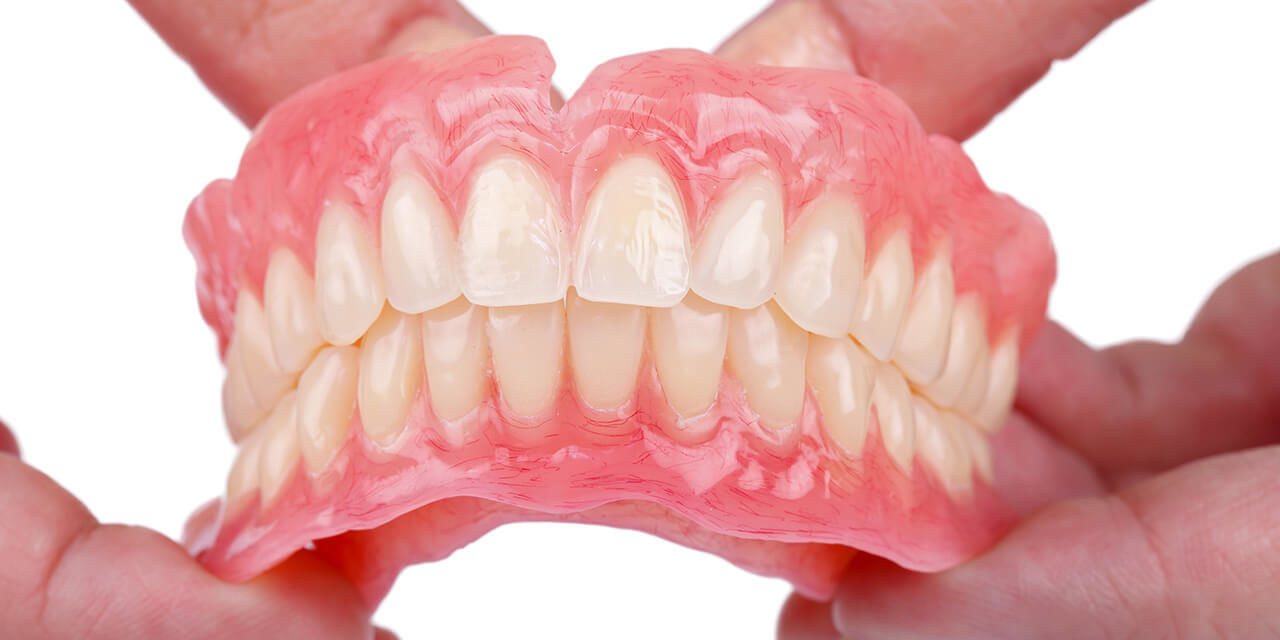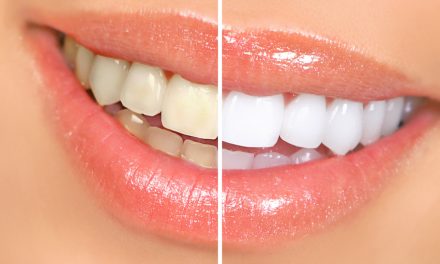Sometimes I have the feeling that my prosthesis could fall out of my mouth at any moment.
This can be a real nightmare for prosthesis wearers. At Next Smile, we’ll give you some important advice about loose dentures.
A shaky, wobbly or loose denture can be a heavy burden for those affected. Everyday life is massively restricting; the prosthesis wearer is insecure and cannot eat, laugh or speak properly, but above all, the loose prosthesis causes uncomfortable pain. The sliding of the prosthesis on the ridge, along with the friction, can trigger pressure points and inflammation of the oral mucosa, which makes life difficult and requires fixing.
What Dr. Google does about loose dentures
A quick internet search of “loose dentures” shows some DIY methods on how the denture can be adjusted. We at Next Smile say: BE CAREFUL. If the prosthesis is not properly adjusted, the problem will be exacerbated, which is why we recommend that you visit the dentist, as they are the expert.
Due to bone loss, what was once a well-fitting denture can become a shaky affair over time.
Why does the denture wobble?
If your dentures are loose, it’s wise to make an appointment to see your dentist. Together with the dental technician, the prosthesis is made to fit again and, if requested, can be “refreshed”; but why does the denture wobble at all? First of all, full dentures (toothless jaw) lie loosely on the mucous membrane and adhere to the jaw.
However, the jawbone has the ability to change over time and it does. For example, atrophy – bone recession in the jaw – is not uncommon with age. However, the bone decline can also indicate a disease such as osteoporosis. It is, therefore, strongly recommended that you do not simply use adhesive cream with a loose denture, but rather consult your dentist if you experience loose denture. The claim of a responsible dentist is always that a dental prosthesis must not interfere in the mouth. Rather, it should hardly be noticed by the patient and, like naturally beautiful teeth, fulfil all functions.
Relining gives the wobbly dental prosthesis support again
A good dental prosthesis is perfectly adapted to the individual’s jaw situation. The patient should not feel the prosthesis in the mouth as a foreign body. However, due to bone loss, what was once a well-fitting denture can become a shaky affair over time. Now it’s time for professional help, which doesn’t always mean getting a whole new prosthesis. In many cases, the existing dentures with denture acrylic can be adapted to the new jaw situation. After a relining, the dental prosthesis can be made to sit exactly and firmly in the mouth again.
Dental prosthesis with mini-implants
Small dental implants are a modern and convenient option for permanent dentures. In order to give the denture back support, mini-implants are an inexpensive option. Small titanium pins are gently placed in the jawbone. Often, a few implants (two to four) are sufficient to hold the prosthesis back in place. It can then be firmly anchored in the mouth via a click mechanism and then easily detached again.
As you can see, there are many ways to regain support for a loose prosthesis. Consult your dentist for the best possible advice and remedy.
Zocdoc is for patients
With Zocdoc, you can see doctors’ open appointment times and book instantly online, make informed choices with verified reviews, and stay on top of important checkups with tailored reminders. And those pesky waiting room forms? Fill them out online, just once, and keep them forever. Book your dentist appoint from the comfort of your home-screen.






